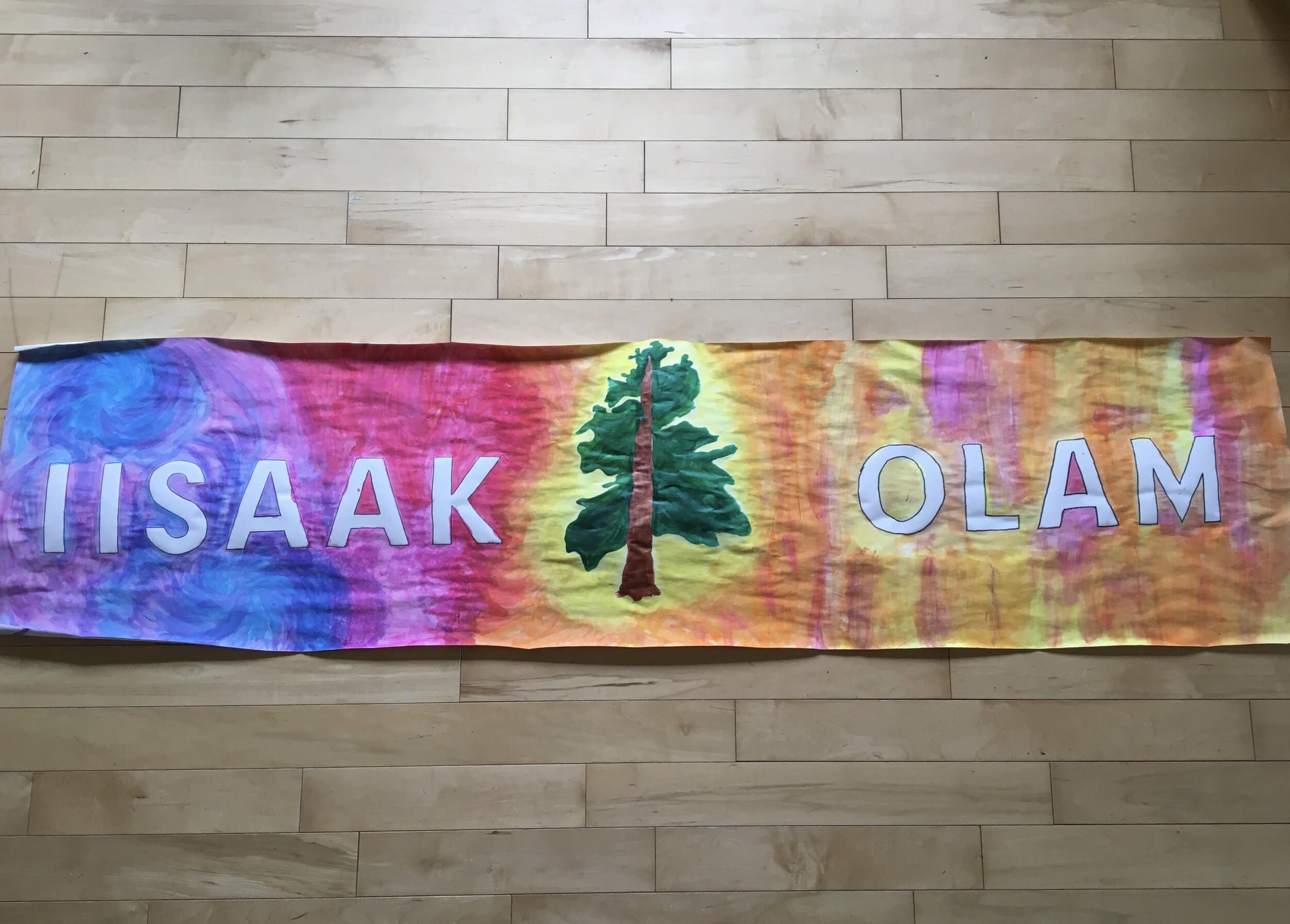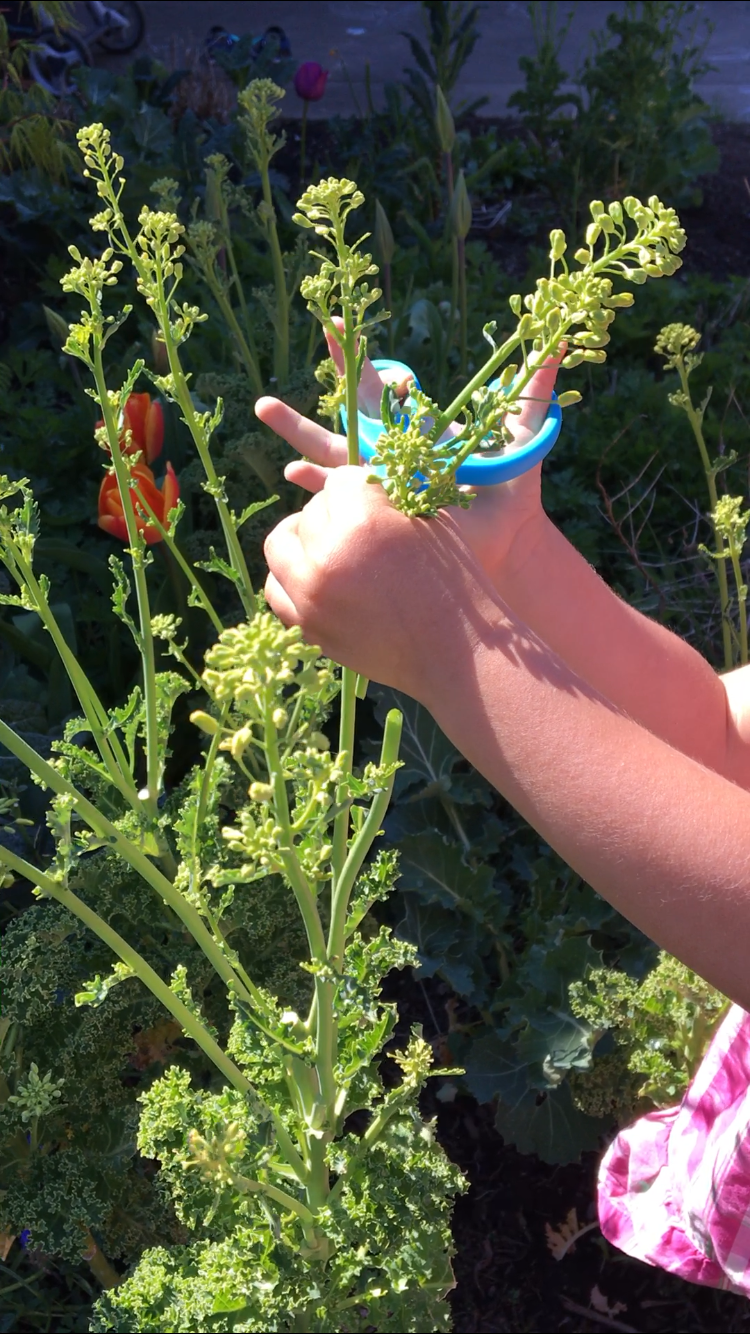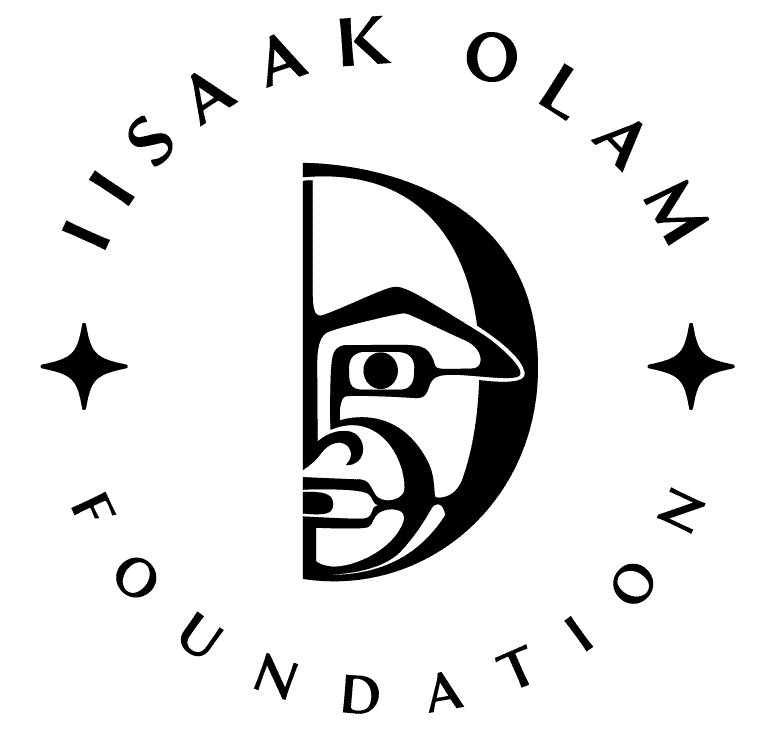Just as we are all adapting to staying home and limiting our social interactions, the IISAAK OLAM Foundation’s Indigenous Climate Action Preschool (ICAP) program is also adapting to the social and physical distancing restrictions of COVID-19. Although we’re sad not to be connecting with other families or with our local parks (Saanich Parks are now off limits), we are doing out best to view the pandemic as an opportunity to adapt and revisit the broader potential of Indigenous Climate Action for children of all ages.
ICAP is now an intergenerational program. We’ve dropped the ‘Preschool’ and will continue to refer to it as ICAP for ‘Indigenous Climate Action Program.’ The IISAAK OLAM headquarters is also home to a large and dynamic family with three children between the ages 2 and 14, three young adults between the ages of 18 and 23, and the two co-founding partners, Eli and Monica. The need to homeschool and create a healthy daytime routine during the COVID-19 pandemic has transformed the original preschool curriculum into activities that are adaptable to different ages and easily doable at home or in the backyard.
One of our projects was to collectively design and paint a new banner for the program. We added a twist and some colour to the IISAAK OLAM Foundation logo, replacing the moon with a Douglas Fir.

ICAP’s new banner, created collectively by our family of young artists.

Our youngest ICAP participant (2 years) learning how to trim kale florets.
The kids have also enjoyed gardening and weeding, which are activities that can involve children of all ages. Our two-year old loves trimming the florets off of our mature kale plants (in their second season!), while our teens and young adults have collectively cleared our garden of unhelpful weeds, and planted our new kale seedlings. We have a variety of tomato seedlings, celery, and mint left to plant in our outdoor space, which we look forward to doing together as well.
We recently harvested purple dead nettle from our own yard to hang up to dry in our home. Once dried, we plan to use the plant’s leaves for tea. Purple dead nettle is one of those native species that has tremendous health benefits. As a tea, it is known to help with kidney support and seasonal allergies. You can also eat it in a salad, mix it into a pesto recipe or you can even use the leaves on cuts, as purple dead nettle is anti-bacterial.
As you can see, there is still so much to learn about the wildlife around us! As ICAP continues to evolve and ease into its new COVID-19 reality, we are excited to further familiarize ourselves with our local environment.
For these upcoming weeks, we will be sharing other project ideas on our social media accounts. Stay tuned!

